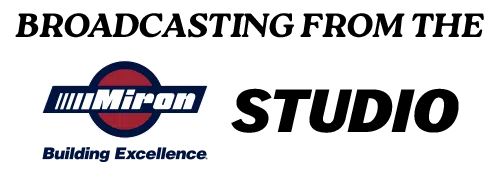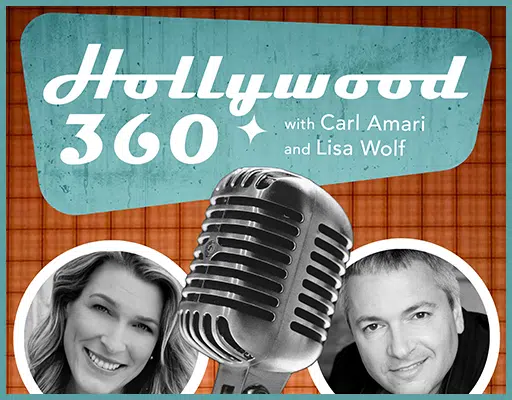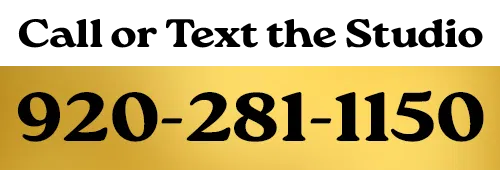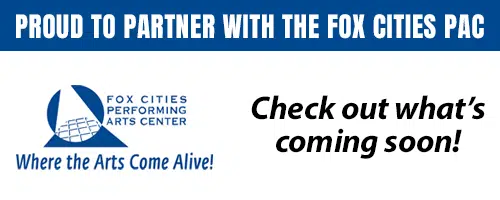If you learned American History in the same era that I did, when actual historical and cultural impact mattered more to the figures that were featured in history books than “representation”, then the names “Silence Dogood”, “Richard Saunders”, “Publius”, “Phocion”, and “Brutus” likely mean something to you. For those not fortunate enough to have experienced pre-revisionist history–or who just weren’t paying any attention in class–those were the pseudonyms used by the Founding Fathers in publishing literary works vital to the formation and structure of our nation.
Benjamin Franklin, Alexander Hamilton, James Madison, John Jay and scores of others wrote widely-published essays before the American Revolution and during the debate before the ratification of the Constitution in favor of first, independence from England, and then for Federalism as our system of government. Those writings stirred the imaginations and emotions of early Americans–and serve as the groundwork for our society.
You may wonder, why didn’t these titans of our history initially put their own names to those works? In addition to the Federalist Papers from Hamilton, Madison, and Jay, you had Common Sense published anonymously by Thomas Paine–which you could argue lit the fire that led to the Declaration of Independence more than the Boston Tea Party. But for those that wrote in colonial times, anonymity was a matter of personal safety. Criticism of the Crown was treason and came with the risk of arrest, torture, and death. The Federalists donned pen names so that their arguments for de-centralized rule would not be skewed by personal identity. Their readers would be swayed by the words and ideas on the pages–not by the personality or likeability of the person that wrote them.
The use of pseudonym in political argument is not a just an 18th Century practice. As recently as 2018, the New York Times published an op-ed article merely credited to “Anonymous” that took Americans inside the first Trump White House–detailing how staff and other insiders worked to derail and undermine most of the President’s worst proposals, demands, and ideas in order to protect the country and the rest of the world. That was followed by a full book published anonymously in 2019. Eventually, Department of Homeland Security official Miles Taylor went public that he had written both works.
So given this thumbnail history lesson, you can see why I am more than amused by the “public outcry” that two members of the Oshkosh Area School Board created fake Facebook profiles in order to post comments critical of the school district’s policies and efforts to pass a $198-million referendum this spring. Let me be clear, I am not equating “Mike Melter” and “Missy Green”–I mean Tim Hess and Kelly DeWitt–with Franklin, Hamilton, and Madison. But their actions are certainly not unprecedented.
What we should consider is why two elected officials in this day and age so fear making public comments that runs counter to the prevailing opinion of their peers that they feel compelled to hide their identities when expressing themselves? For that answer, we need to take a closer look at what has become one of the most dysfunctional of local government systems: school boards themselves–where duties of oversight and debate over policy have morphed into advocacy and acting as mere rubber stamps for administration.
When I first started covering news here in the Fox Valley 25-years ago, the Oshkosh School Board actually featured varying opinions on how to provide public education to the district. The majority of members at that time had ties to UW-Oshkosh (imagine four members all calling each other “Doctor” even though none of them were physicians), and who backed pretty much anything that administrators brought to the table. The minority contingent was labeled the “Cobblestoners”–a derogatory term meant to insinuate that if “those people” had their ways, the streets of Oshkosh would still be paved with cobblestones.
Anyway, in 2009, the district got the idea that it needed a new northside elementary school to replace the aging Oaklawn and Sunset schools. The recommendation was to build the new $15-million dollar school on a plot of land along Ryf Road northwest of the city that the district had purchased years before. (This was in the era before liberals decided that “urban density” was the only development strategy that should be employed.) While there were a few homes located in that area, district officials were sure that it was going to be a future hotbed for residential development. The UWO contingent on the School Board enthusiastically endorsed the idea. The Cobblestoners opposed the proposal–pointing out that every child would have to be bused in, that there were no guarantees that huge subdivisions would follow, and that the district couldn’t afford the project in the “Great Recession”.
Following a series of knock down-drag out Board meetings, the referendum question was approved and placed on the ballot. Despite pleas from the UWO contingent to “get on board”, “support local schools” and “think about the kids”, the Cobblestoners actively campaigned against the refrendum that spring, and it went down to defeat with 10-thousand “no” votes, and just 38-hundred “yes” votes. Needless to say, the next School Board meeting was “must watch TV”, as the UWO crew seethed and blamed the Cobblestoners for the defeat. (It should be noted, that voters a few years later approved a referendum to rebuild Oaklawn in its existing location–which is revitalizing a neighborhood that was beginning to blight. And to date, Ryf Road is not a bustling residential metropolis.)
It was shortly after that, that the Board majority and administrators brought in a consultant from the Wisconsin Association of School Boards (or WASB) to deliver a presentation on the “roles and responsibilities of being a school board member”. To summarize that presentation: Board members are not to “micro-manage” the district. They should merely approve bills as presented, review and approve policies recommended by administration, and act as “advocates” for the district and schools. They are NOT to suggest policies, they are NOT to suggest their own spending proposals, and they are NOT to speak against the decisions made by the Board. The presentation makes no mention of a Board’s responsibility to parents or to taxpayers.
The Oshkosh School Board is not the only one to get this “training” from WASB. The same experts were brought in after controversial meetings in Omro and Winneconne in recent years. In every case, school board members that don’t “go along” with the wishes of administrators and the majority of the Board were admonished for their actions and were told to “get with the team”.
And that is a message that has been adopted across the board (pun intended) in recent years. School Board meetings have become nothing but continuous exercises in group think and group speak. Whenever discussions have become the slightest bit contentious, the Oshkosh Civility Project shows up at the next meeting to remind everyone that disagreeing with the majority (so long as its ideas are left-leaning) is “not civil”. Thanks to increased political activity by teachers unions, recruiting sympathetic candidates and helping to fund their campaigns, few Board members even consider questioning administrations anymore. It doesn’t help when the dense language of public education administration is nearly impossible for those outside of the field to understand. Easier to just nod your head and go along with the plan than to risk sounding “uneducated” and asking questions.
That is why any discord at school board meetings now becomes “big news”. Where in the past, spirited discussions and challenges to administrative proposals were the norm, now it is so unusual that the slightest possibility of confrontation brings out the TV cameras for “tonight’s top story”. Oshkosh, De Pere, and Wrightstown are taking turns in the spotlight now, simply because their meetings don’t feature everyone sitting around and singing Kumbaya. And even the slightest challenge to their wishes have led administrators in those and other districts to simply pack up and leave for districts “more committed to education”.
That pressure to “go along or get out” does not foster healthy conversation about public education by those elected to oversee it. If Tim Hess and Kelly DeWitt had used their own Facebook profiles to comment on district operations and the on the referendum, they would have faced the same backlash, would have been accused of “not caring about kids”, and would have been told to resign.
But before you pile on Mike Melter and Missy Green, keep in mind their standing behind the cloak of anonymity continues a long political tradition in this country





